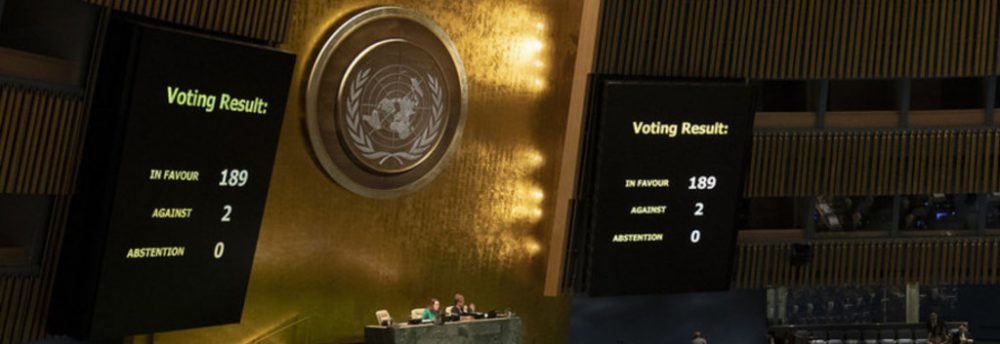
in the dynamic Ecuadorian political scenario, a figure has emerged that has captured the attention of many: Luisa González, the candidate of Revolución Ciudadana, the party of former president Rafael Correa.
Luisa González obtained 33.3% of the votes and will face businessman Daniel Noboa in the second round. Gonzalez held several positions during the presidency of Rafael Correa, whom she plans to appoint as advisor. She defines herself as “a revolutionary woman of peace”. Her closeness to the Catholic Church and her position on abortion.
Related:
Luisa González Is Ecuador’s Most Voted Presidential Candidate
After the failed presidency of Lenin Moreno –who governed between 2017 and 2021 mocking his past as a leader of Revolución Ciudadana, a force founded by Rafael Correa– and the chaotic government of banker Guillermo Lasso –who will end his term early–; a woman arrives as a favorite to the second electoral round for the first time in Ecuador’s history.
Luisa González, candidate of Revolución Ciudadana, obtained this Sunday 33.3% of the votes and will also seek to become the first female president of the country. “Ecuador requires peace, work, security, that we become free again”, she celebrated last night and called Ecuadorians to unite again.
Although until recently unknown to most, Gonzalez burst onto the political scene with the bold mission to “recover the homeland.”
“We call for the unity of all Ecuadorians: the private and public sector, all the forces of the country to build a vision of a country that will give us decent conditions for all”, said the presidential candidate.
Gonzalez, who a few weeks ago showed a voting intention of only 5%, emerged as the most voted candidate in a first electoral round crossed by violence with the murders of the presidential candidate Fernando Villavicencio and the correista leader Pedro Briones. “A revolutionary woman of peace”, this is how the lawyer and candidate of Revolución Ciudadana, born in Quito on November 22, 1977, defined herself. The candidate has already announced that, if she reaches the Carondelet Palace -as the government house is known in Ecuador-, she will have former President Rafael Correa as advisor.
The political career of Luisa González
Born in Quito, she became interested in politics and public service at a very young age. During her career, Luisa has worked hard to improve the quality of life of Ecuadorians, especially those in vulnerable situations.
The favorite for the second round on October 15 is a lawyer with a master’s degree in International Economics and Development from the Complutense University of Madrid, and held several positions during Correa’s presidency, among them, the head of the Ministry of Labor. Until 2007, she was a member of the Social Christian Party (PSC), but when Correa became president, Luisa became one of the closest leaders to the then president.
In 2021 she won a seat as a legislator as a candidate of Union for Hope, the alliance that hegemonized the Citizen Revolution movement. That was her last public position to make the leap to the presidential candidacy, for which she was elected in the internal of correismo on June 10, after the former vice president Jorge Glas rejected the nomination. Glas was detained for five years for a cause that from the correismo denounce as part of lawfare that advanced on the representatives of Latin American progessivism of the beginning of the century, among them, the president of Brazil, Lula Da Silva, and the Argentine vice-president Cristina Kirchner.
“We are going to take the bull by the horns and we are going to face the causes that generate violence and delinquency, such as hunger, poverty, lack of education, lack of opportunities”, assured González that June 10 in her nomination ceremony in the town of Portoviejo, capital of Manabí, birthplace of the candidate and bastion of Correism.
Luisa González’s perspective on religion and abortion
Mother of two daughters, cycling fanatic, Gonzalez refused to wear a bulletproof vest during the campaign, after Villavicencio’s crime. “I have faith in God; he is the one who protects us,” she confided. Perhaps it is this Catholicism that also leads her to oppose abortion, an issue in which the candidate does not see contradictions even from a pro-gay space such as Revolución Ciudadana. “No one has said that being a feminist or progressive is to be in favor of abortion,” she considered.
“During her career, she has worked tirelessly to improve the living conditions of her community and encourage citizen participation in political decision-making,” the candidate is described in the official profile posted on the page of the dissolved National Assembly.
Luisa González has stood out for her focus on issues such as education, health and economic development. She has proposed innovative policies and programs to strengthen the education system, guarantee access to quality health care, and encourage entrepreneurship and job creation.
In addition, Luisa González is known for her integrity and her ability to work as a team player. She has demonstrated outstanding leadership skills and the ability to build consensus for the benefit of Ecuadorian society. Her honesty and transparency are admirable qualities that make her a reliable candidate and close to the people.




 The Prefect of Pichincha Paola Pabon at a local radio station in
The Prefect of Pichincha Paola Pabon at a local radio station in


